"Blame it on Germany"; Well, that's enough!
The fierce public smearing of Germany has taken off, and this new fashion is coming from Ukraine, but also from other European countries, writes Deutsche Welle.
Tuesday, 19.04.2022.
09:57
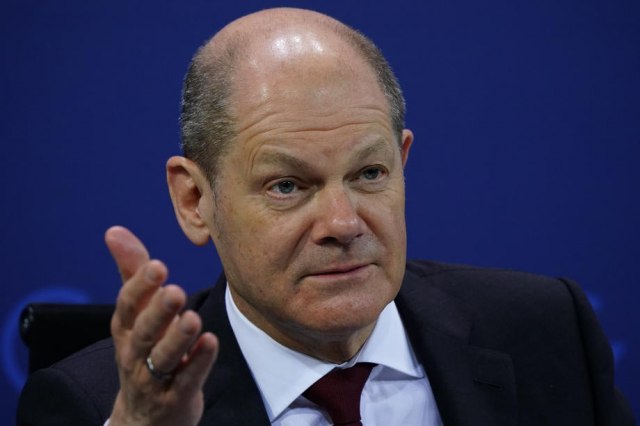
"Blame it on Germany"; Well, that's enough!
The fierce public smearing of Germany has taken off, and this new fashion is coming from Ukraine, but also from other European countries, writes Deutsche Welle.That, to put it mildly, is not fair, because Germany does more for Ukraine than almost all other countries.
The order of demands, the order of insults, the order of demands, the order of insults - it seems that this is the scheme that Ukraine uses in talks with Germany and about Germany.
This includes, for example, Kyv's refusal to receive German President Frank-Walter Steinmeier - after Kyiv criticized his earlier policy towards Russia, and he admitted mistakes.
That scheme is very successful. And the German media immediately applied it, and it seems that they are very happy: there is not a day that Berlin is not on the verge of shame, there is not a day that uncritical journalists do not ask members of the Government - why Germany finally does not give up Russian oil and Russian gas, and most of all: why Germany does not deliver to Ukraine all the weapons it has requested.
This, in any case completely unnecessary spectacle, is getting more and more nerve-wracking. Because, first of all: since the Russian annexation of Crimea in 2014, Germany, together with the United States, is the largest donor to Ukraine.
Secondly, apart from Ukraine's direct neighbors, Germany is the country that receives the most Ukrainian refugees.
Third: Germany is among the countries that give Ukraine the largest financial means to buy weapons.
Chancellor Olaf Scholz has just announced more than a billion euros in direct aid. And absolutely no one doubts that Germany must support Ukraine in the war against Russia.
Well, is it wise then when the government in Kyiv is constantly attacking the German government and burying it in new, sharply addressed demands? When Germany delivers some of the requested weapons, the answer is: that is good, but there must be much more.
When Germany, by giving up Russian coal, oil and gas, announces nothing less than a paradigm shift, then they say: that is nice of you, but it must happen immediately.
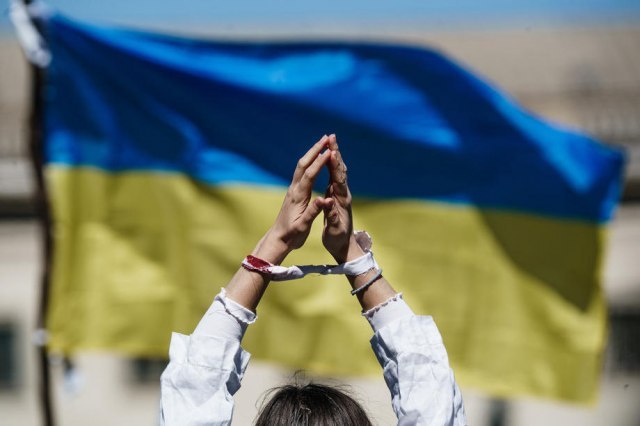
Germany pays for the delivery of weapons to the war zone. The German government is beginning to sever close relations with Russia, which are extremely important in the raw materials sector. The Minister of Economy is traveling to the Middle East to buy oil and gas and is thinking aloud about extending the operation of nuclear power plants and coal power plants.
These are all extreme changes of course in an extremely short time. Which countries in Europe have changed their policy so much and above all - at such a high price as Germany? Even more irritating than the rudeness from Kyiv is the behavior of some other European countries. They themselves do not react properly, but they like to hide behind Germany or even point a finger at it. It seems that this is just an image in public.
In numerous telephone conversations, French President Emmanuel Macron tried unsuccessfully to influence Kremlin ruler Vladimir Putin. By the way, he brought the Champions League final to the country without much fanfare, which was originally supposed to be held in Russia. But when it comes to accepting refugees, France is not acting so resolutely.
Italy has publicly and loudly stated that it could immediately stop importing Russian gas. But in fact, behind this lies the following: If there is no European embargo on gas, then others are to blame (think primarily: Germany).
Poland, in public and without coordination (with Germany), is very committed to the delivery of military aircraft to Ukraine - but only through the US military base in Germany. If the planes are not delivered, then the problem is in the USA or Germany.
And Hungary - at least in the German public - does not miss a hair because of its pro-Russian course. In Budapest, they gladly take cheap Russian gas, and if necessary, they also pay in rubles.
One might get the impression that some EU members would be quite happy if Germany did badly - and if it lost part of its economic strength and prosperity.
The fact is that the scheme of blaming the other, making demands and fulfilling them - always requires two sides: the one who demands loudly, gets angry and points a finger at the other - and the one who puts up with it.
It really is a completely unnecessary spectacle. After all, everyone has the same goal - to end the Russian war in Ukraine. So, why sow discord? It only helps - Putin.










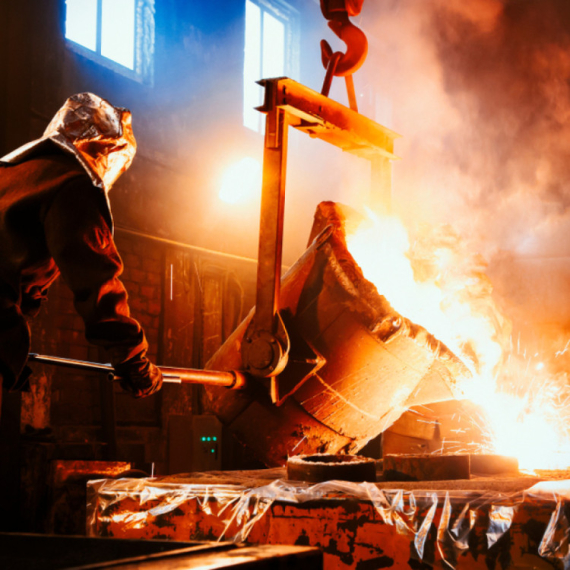
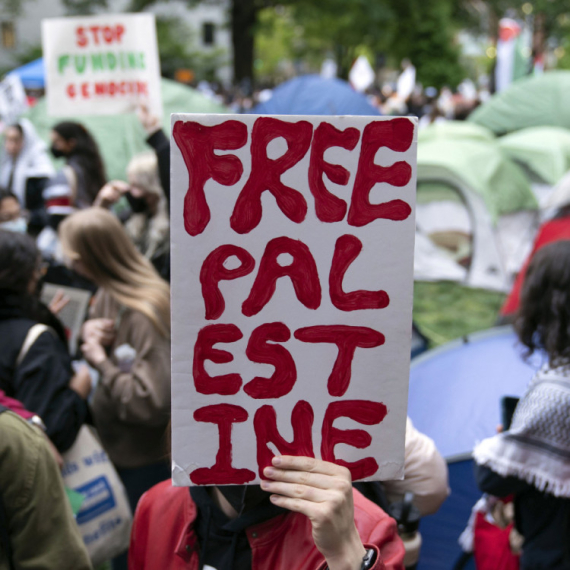



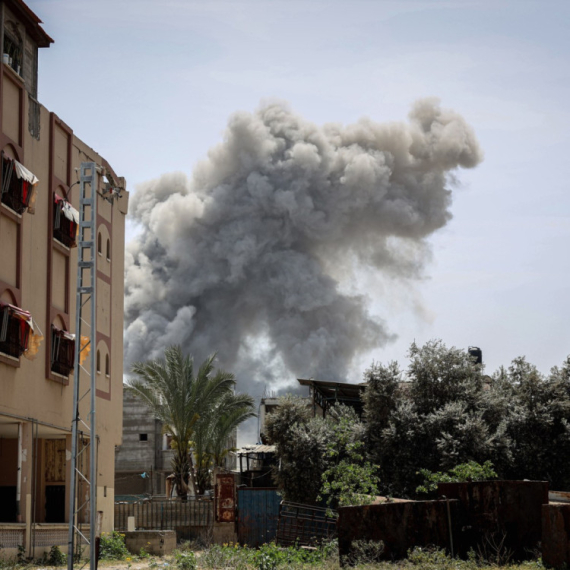
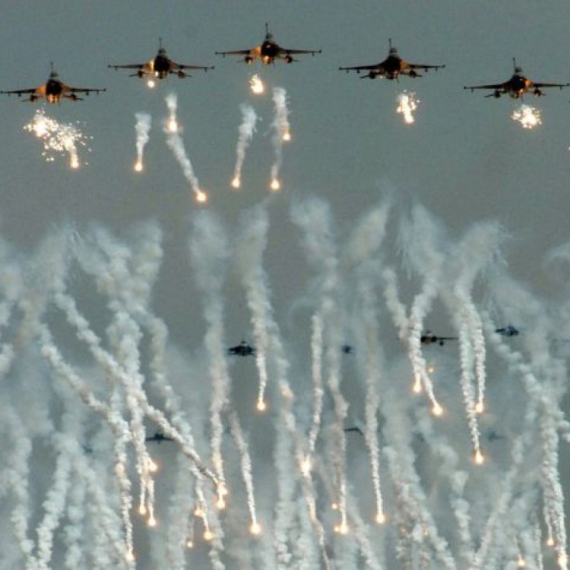
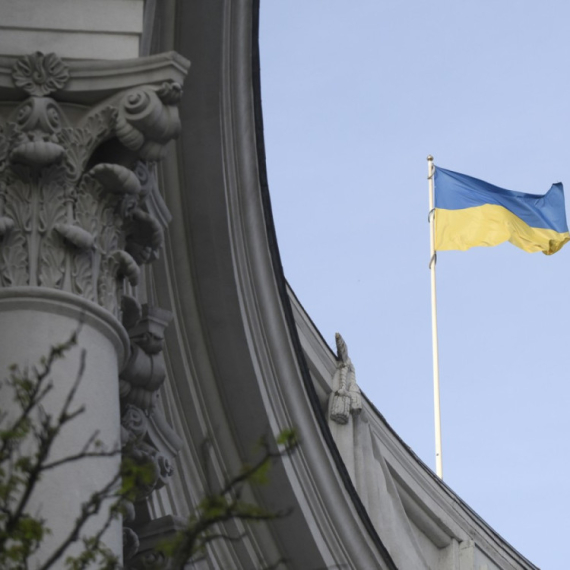















Komentari 2
Pogledaj komentare